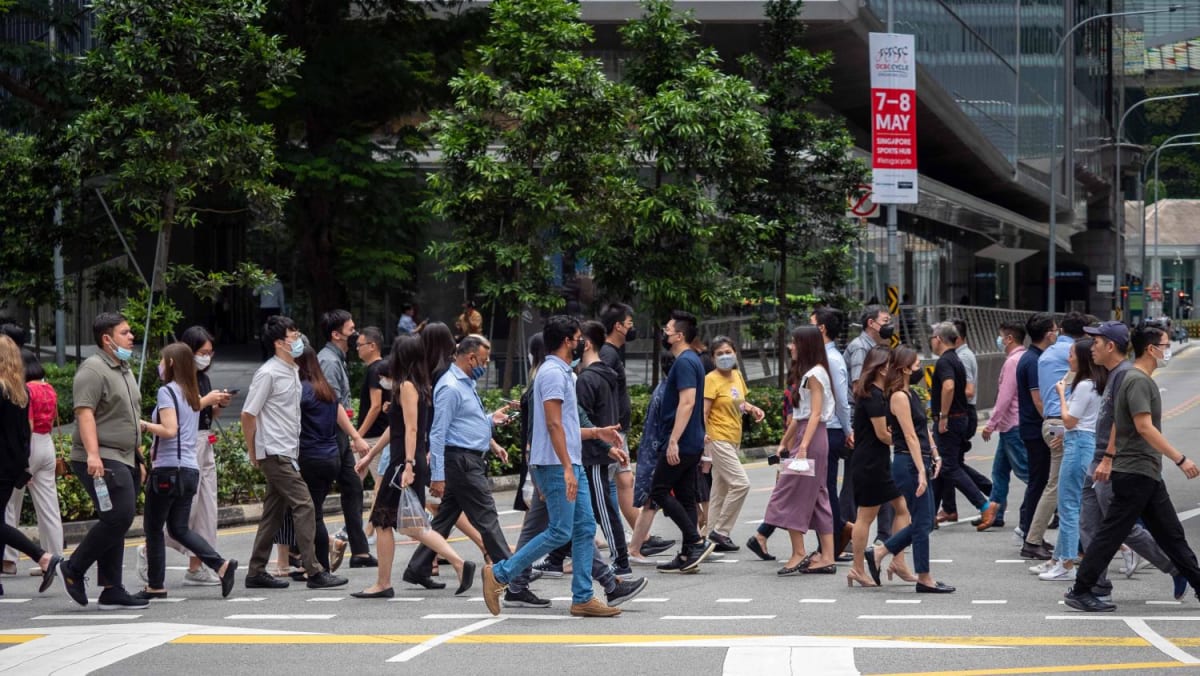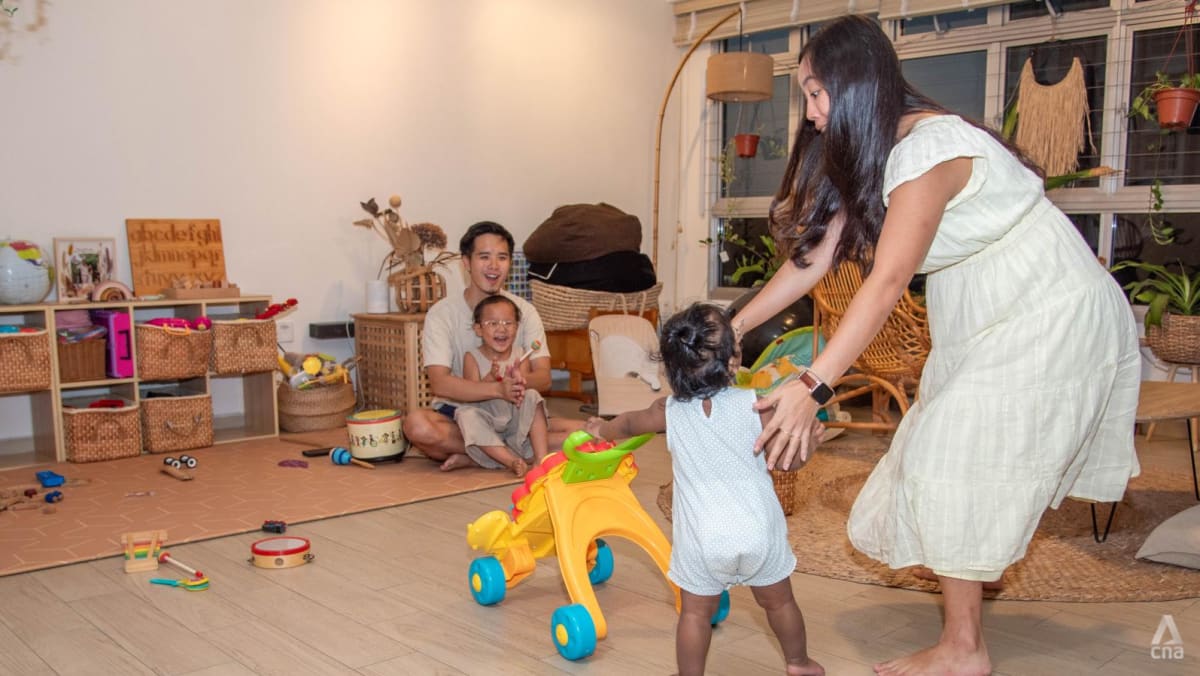SINGAPORE — Half of Singapore workers said in a survey late last year that they would leave jobs requiring them to work in the office more often, with Gen Z employees most likely to feel this way.
Two-thirds of the survey respondents also committed to significant life choices, such as moving homes, with the expectation that they can continue having flexible work arrangements after the pandemic.
The results of the bi-annual survey conducted by Randstad, a human resources solutions agency, were released on Monday (April 22).
About 760 Singapore-based workers and jobseekers aged between 18 and 67 took part in the study conducted between October and November last year.
Another key finding from the survey was that more respondents prioritised work-life balance over salary, even as inflation and the rising cost of living continue to be of concern.
Flexible work has been a hot-button issue in the country after the government announced last week that all employers must have a process in place for workers to make formal requests for flexible work arrangements from December. New tripartite guidelines will come into effect then.
The government has also highlighted the need for flexible work arrangements due to Singapore’s tight labour market and ageing workforce, especially with more people also taking on caregiving roles at home.
SURVEY RESULTS
In the Randstad survey, 49 per cent of respondents said they would leave jobs that require them to spend more time at the office. Nearly 70 per cent of Gen Z respondents agreed with this statement.
Most Gen Z workers also said they would not work for a business that does not provide sufficiently flexible working hours – 68 per cent – as well as location – 61 per cent.
Forty-two per cent of respondents said they would not accept a job that is too inflexible.
However, 67 per cent reported that their employers have become stricter about working from the office. Gen Z and millennials felt this more acutely, with 74 per cent and 72 per cent saying this respectively.
Among the respondents, 26 per cent have quit their jobs due to the lack of work flexibility.
Work-life balance is also becoming a higher priority for employees. Ninety-five per cent of respondents said this is important for current and future jobs, compared to 90 per cent who said pay is important.
Ms Jaya Dass, managing director of permanent recruitment at Randstad, told CNA that organisations must equip their middle managers with the ability to better understand what flexible work looks like, and offer that support to their teams.
“(Workers) are seeking growth and development rather than career progression,” she noted.
Ms Archana Srinivasan, HR director of a private company and a senior professional from the Institute for Human Resource Professionals, pointed out that the Covid-19 pandemic changed how flexible work arrangements were offered.
She said those in Gen Z expect this, given that they have likely spent most of their work life post-pandemic.
Companies have to tackle challenges like ensuring that employees across different generations are taken care of, and that their differences do not divide them when they are collaborating in the workplace, she added.
“It’s about enabling people from different generations to thrive, not just individually but also collectively,” Ms Archana said.
Workers in Singapore are also in a “very good place” to demand or expect such flexible work options due to the element of trust between employers and employees, she added.
“I think a natural question from workers is: ‘Why should I be just sitting in the office if I can work efficiently, irrespective of where I’m based, or irrespective of the hour in which I’m working?’
“At the end of the day, what matters is the output, so I would say that’s what’s changed,” Ms Archana told CNA’s Singapore Tonight programme.
SOCIAL AWARENESS
Meanwhile, the survey respondents also expressed concern about social and environmental issues in their workplace.
Thirty-seven per cent said they would not join a firm if it does not take steps to go green. This was especially true for the younger generation, with 67 per cent of Gen Z respondents expressing the strongest desire to work for companies that are making a proactive effort to be sustainable.
Thirty-nine per cent said they would not accept a job if the employer does not promote diversity and inclusivity.
Family leave, a diverse workforce, and gender pay equity were among the most important equity, diversity and inclusion policies that respondents wanted in their current and future workplace. CNA













